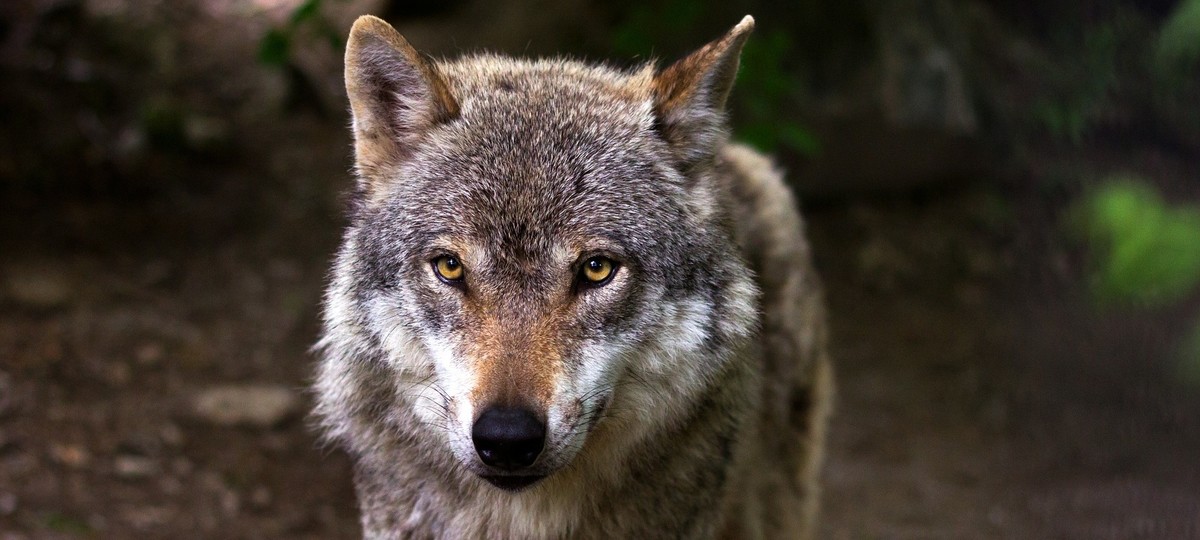
Little Red Riding Hood went into the woods to take a basket of bread and jam to her ailing grandmother. On her way there, she met a wolf, who asked where she was going, and when Little Red Riding Hood told him, the wolf replied, "Oh, my gosh, I haven't visited my grandmother in, like, a month!" Guiltily, he slunk off to gather some nuts for his vegan grandmother, who was delighted to see him and asked him why he was still single.
On the way home, the wolf and Little Red Riding Hood ran into each other again and agreed: Visiting Grandma is something you should do.
And that, my friends, is how some people are introducing their children to the fabulous world of fairy tales.
A study of 2,000 parents commissioned by a British website called musicMagpie found that one-quarter of moms and dads change parts of stories when they read them to kids.
Generally, this is because they think the original tales are too disturbing for tots to handle. And at the top of their "to alter" list is "Little Red Riding Hood," because in the original version, the wolf runs ahead, gobbles Granny up and dons the lady's clothing. Little Red Riding Hood comes by and marvels, "Why, Grandmother, what big arms you have!" And then she comments on the feet and eyes, etc., right down to the big teeth, which are, of course, the issue at hand.
In some versions of the story, quick-thinking Little Red Riding Hood dives into the closet and stays there till a passing woodsman saves her. In others, a slower-thinking Little Red Riding Hood gets gobbled, but then a woodsman slices the wolf open to liberate both the girl and her grandmother (both miraculously unchewed). In the version I grew up with — "The Blue Fairy Book," by Andrew Lang — Little Red Riding Hood gets devoured, and that's the end of the story. And her.
What does it mean when parents find this too cruel a fate to expose their kids to? After all, this same study found that about a fourth of parents abhor "The Gingerbread Man" for the same reason (being eaten alive), even though the Gingerbread Man is... gingerbread!
Three in 10 hate on "Hansel and Gretel" because the kids are left alone in the forest. (Without cellphones!) And 25 percent feel that "The Ugly Duckling" encourages body shaming.
Which it does — if you are a duck.
Who reads fairy tales.
What is galling is not that parents ad-lib. What's galling is that they think fairy tales are not supposed to be disturbing.
Obviously, a tale in which a child gets devoured was never meant to be sweet. It was meant to scare the crackers out of any kid who doesn't do what Mama says.
Aside from basic "listen to your parents" instruction, telling our kids scary stories is a way of acclimating them to fear. They shiver and get over it. Now they can deal with a little bit more risk in real life.
Once upon a time, humans understood that. The original version of "Little Red Riding Hood" can be traced to about A.D. 1000. What does that say about us that only this latest generation of kids can't handle it — or rather, we think our kids can't handle it?
If parents find an age-old story so traumatizing that they don't want their kids to read it, fine. Tuck it away for a later date. But treating kids in this generation as if they're more fragile than any other is insulting and untrue. Kids are as fragile as we make them.
If generations have heard a story and turned around and told it to their own kids, it's probably a tale that should live happily ever after.
Comment by clicking here.


 Contact The Editor
Contact The Editor
 Articles By This Author
Articles By This Author